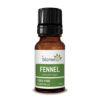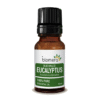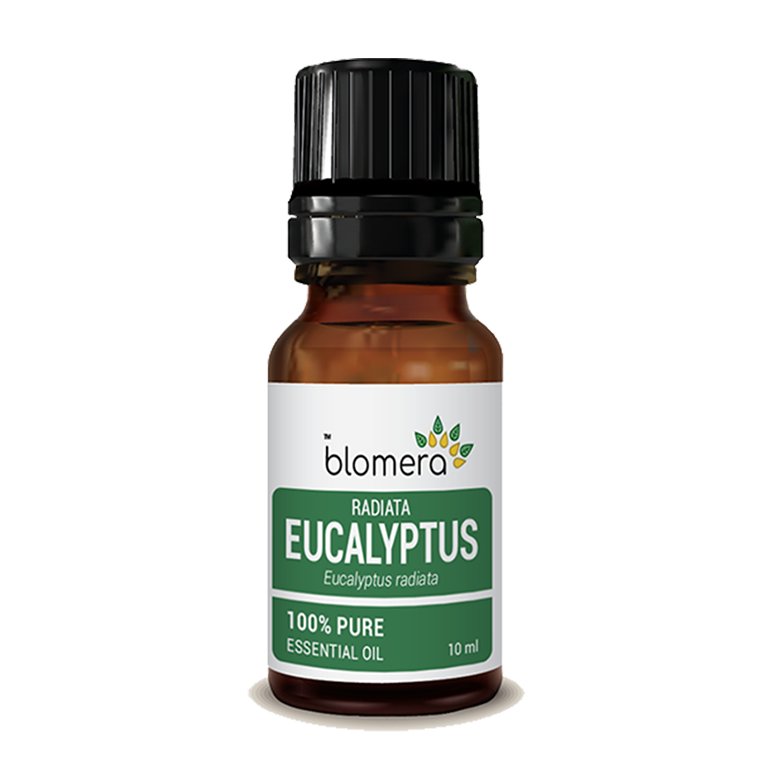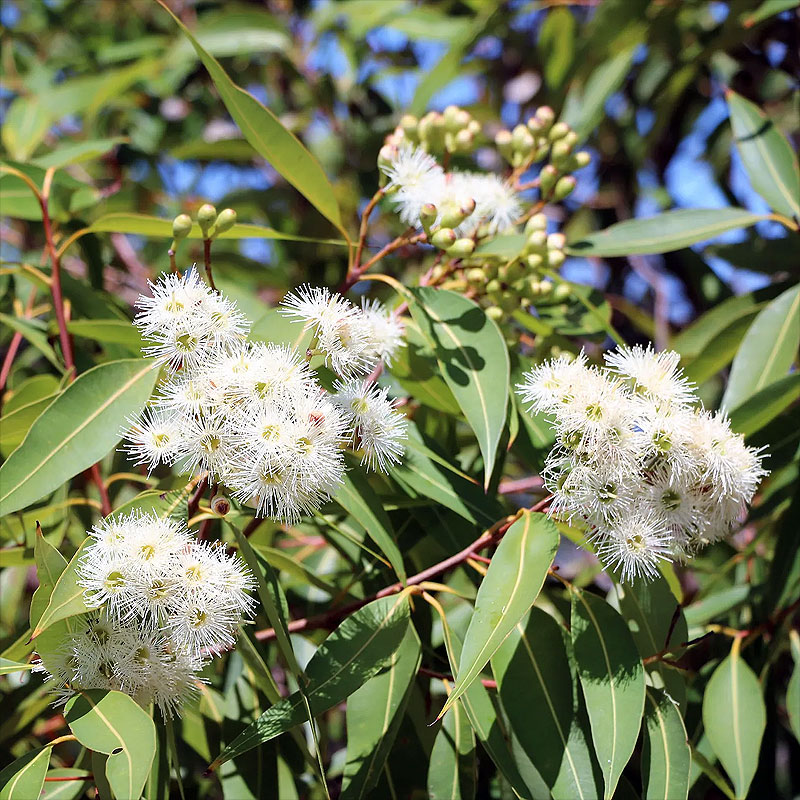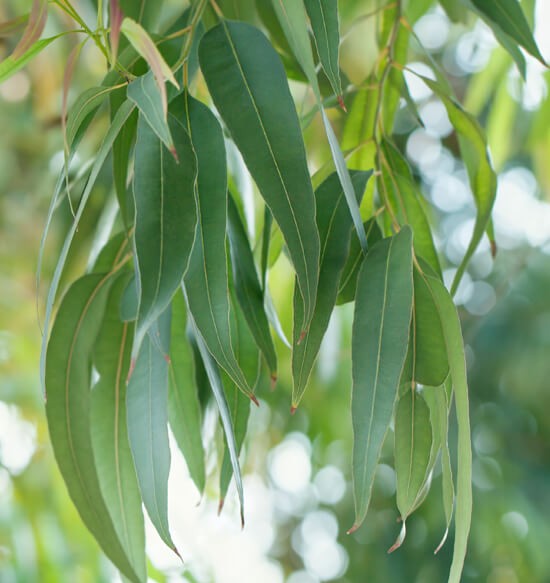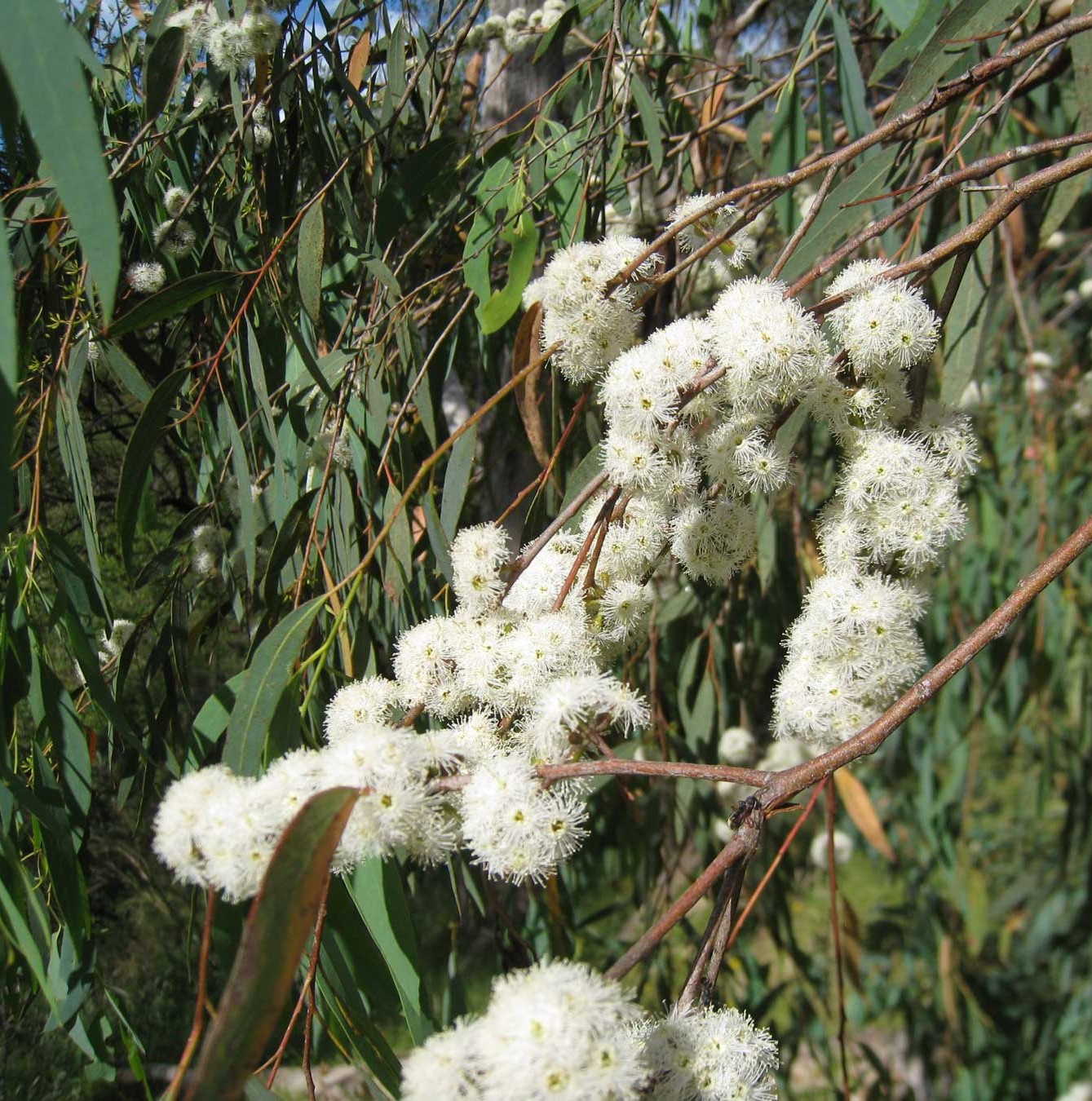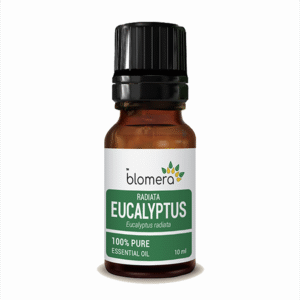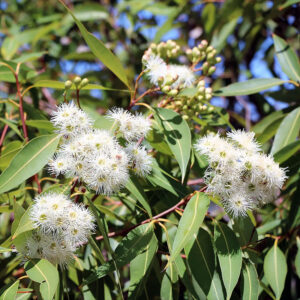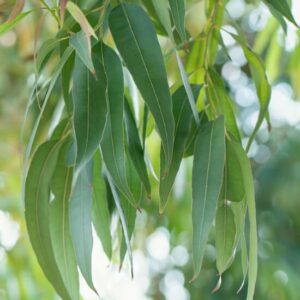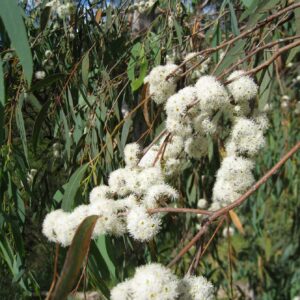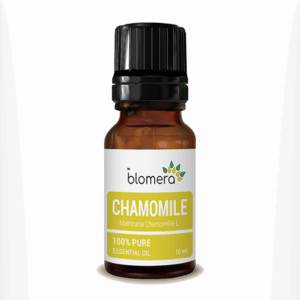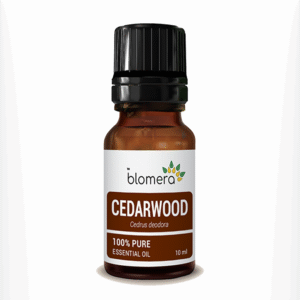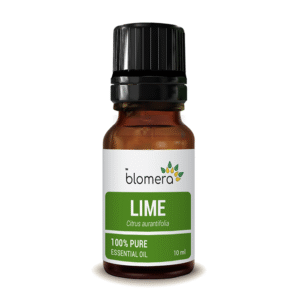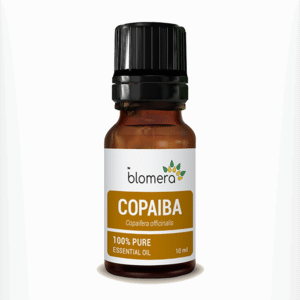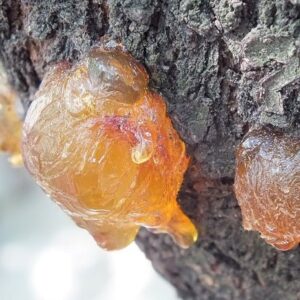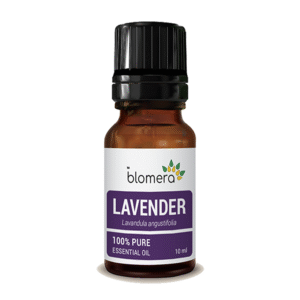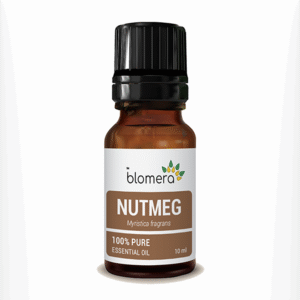Eucalyptus Radiata Essential Oil
₦2,800.00 – ₦13,500.00Price range: ₦2,800.00 through ₦13,500.00
A gentle eucalyptus oil ideal for daily aromatherapy use.
SKU: BEO-023
Categories: Essential Oils, Single Essential Oils
Eucalyptus Radiata has a softer, sweeter eucalyptus aroma, great for diffusion, massage oils, and DIY products.
| Size | 10 ml, 30 ml, 50 ml, 100 ml, 250 ml, 500 ml, 1 kg |
|---|
Related products
Essential Oils
₦4,700.00 – ₦23,000.00Price range: ₦4,700.00 through ₦23,000.00
Essential Oils
₦2,700.00 – ₦13,500.00Price range: ₦2,700.00 through ₦13,500.00
Essential Oils
₦3,000.00 – ₦14,500.00Price range: ₦3,000.00 through ₦14,500.00
Essential Oils
₦3,600.00 – ₦17,500.00Price range: ₦3,600.00 through ₦17,500.00
Essential Oils
₦2,800.00 – ₦13,500.00Price range: ₦2,800.00 through ₦13,500.00
Essential Oils
₦3,000.00 – ₦14,500.00Price range: ₦3,000.00 through ₦14,500.00
Essential Oils
₦3,500.00 – ₦17,000.00Price range: ₦3,500.00 through ₦17,000.00
Essential Oils
₦3,000.00 – ₦14,500.00Price range: ₦3,000.00 through ₦14,500.00


